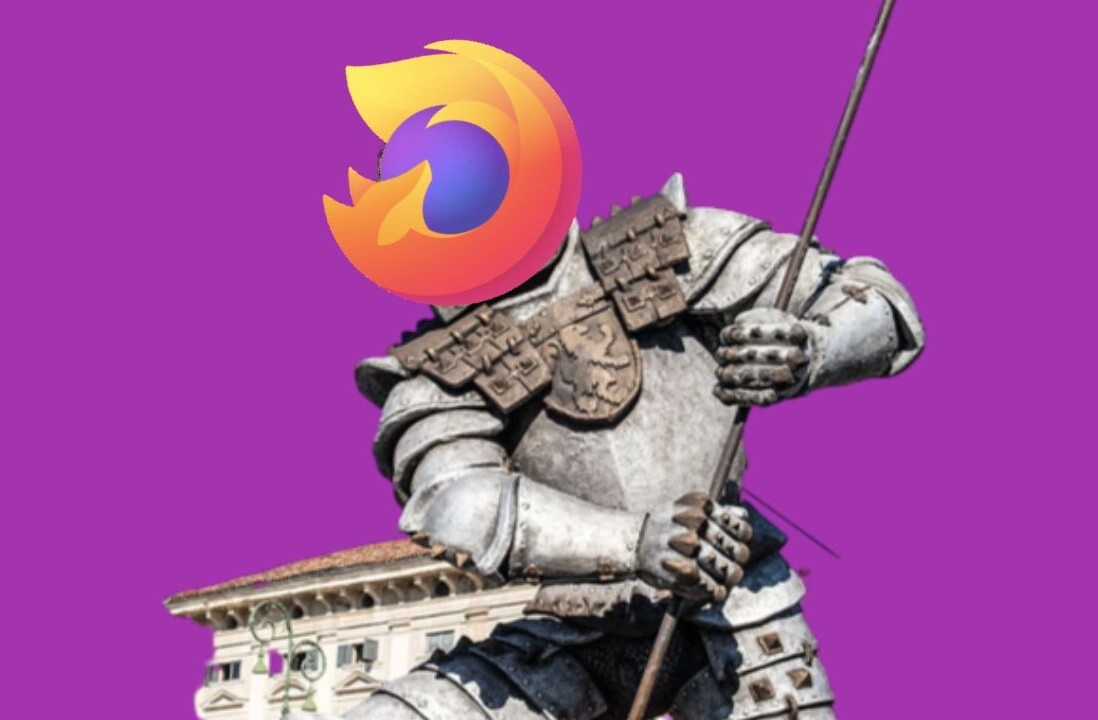
Mozilla today announced Firefox Health Report (FHR), a new feature that sends data back to the company in order to help them “build a more excellent browser.” In addition to improving and prioritizing development, Mozilla also says FHR will “help us improve performance, fix problems and let users see how their browsing experience compares against other instances of Firefox.” The feature is coming to the nightly build of Firefox, which means it will eventually hit the stable version of the browser, likely in Firefox 19 or maybe even Firefox 20.
Mozilla says it can currently only count on very basic information to allow limited cross-tabulations of Firefox installations, and doesn’t have the ability to assess any longitudinal trends. In other words, the organization wants more data. Enter FHR.
So what exactly will FHR share with its creator? Mozilla says these four types:
- Configuration data (such as device hardware, operating system, and Firefox version).
- Customizations data (such as add-ons, count, and type).
- Performance data (such as timing of browser events, rendering, and session restores).
- Wear and Tear data (such as length of session, how old a profile is, and count of crashes).
If privacy bells aren’t ringing in your head, they should be. That’s still a work in progress (which makes sense given that FHR isn’t anywhere near ready yet), according to the FHR FAQ:
We believe that Mozilla’s approach to FHR, which was created in consultation with our community, is a great model for balancing a user centric feature with user privacy. FHR is designed to avoid keeping a long-running record of data correlated to a particular browser. Because FHR makes it clear what information is collected, makes the information directly visible within Firefox, explains why this data is important and provides users with complete control over deleting their own data, we hope to establish new best practices that can be followed by other developers and our competitors.
Again, Mozilla says there will be great benefits to collecting this data: user insights exhibited on-board the browser instance through visualizations and comparative graphics, as well as product insights conveyed to Mozilla to help in improving existing browser instances and informing future design and development of Firefox.
We’ll keep you updated as we learn more.
See also: Firefox 15 is Out
Image credit: stock.xchng
Get the TNW newsletter
Get the most important tech news in your inbox each week.





